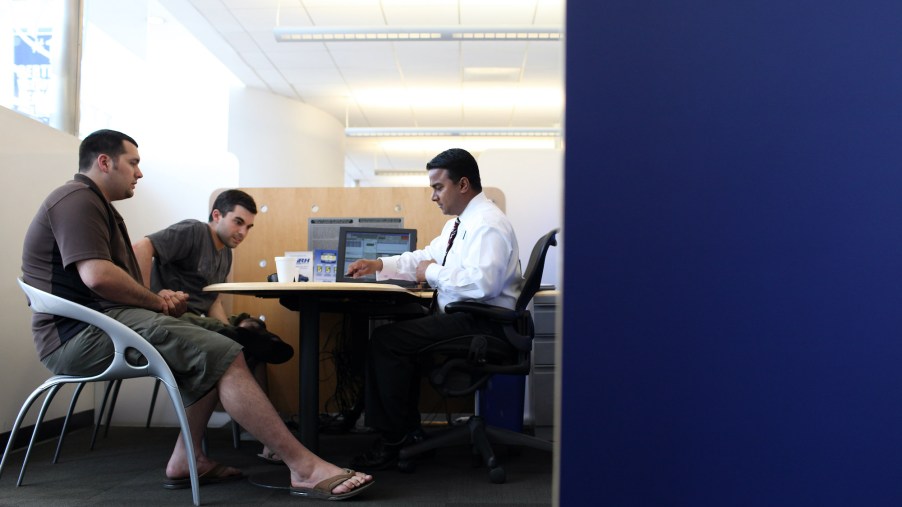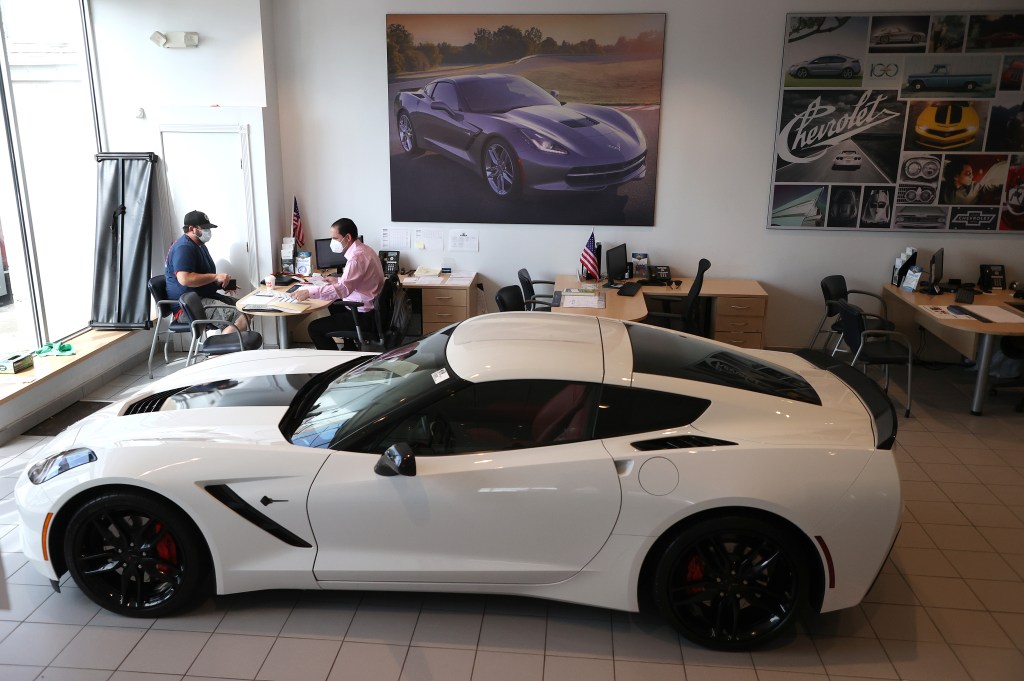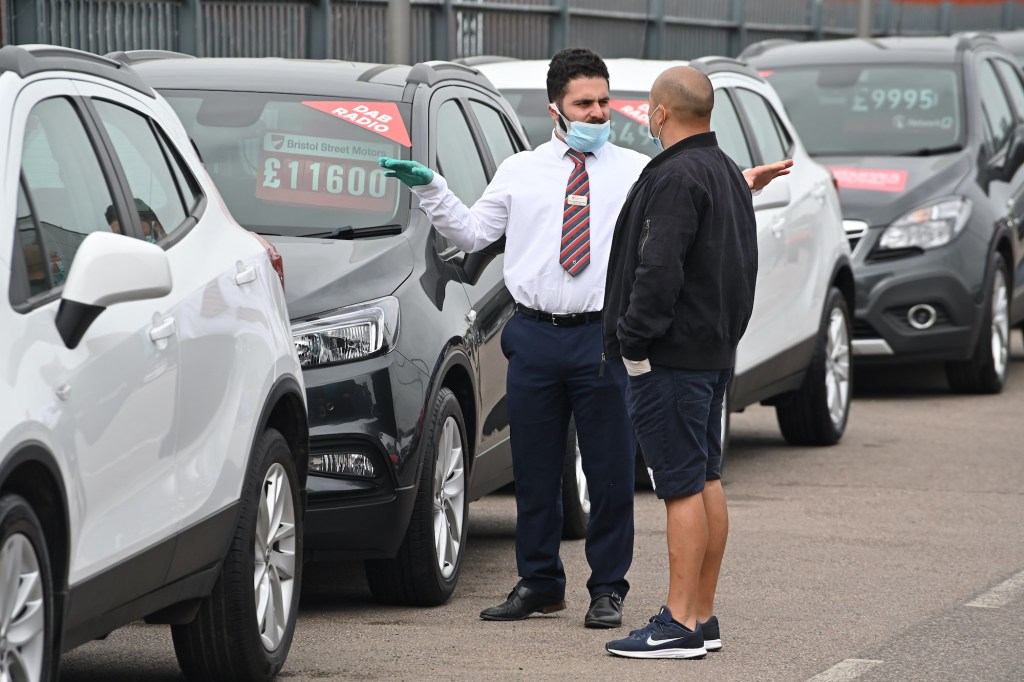
What Happens If I Get Denied on My Car Loan After Getting Approved?
When applying for a car loan, you have a couple of options. You can either go to your local bank or credit union and apply for a loan with them or you can apply through the dealership. When you do the latter, the dealer will then send your application out to a few lenders to get the best terms possible for you. If you get approved, then you’ll be able to buy the car and drive home with a new set of wheels.
In some rare cases, you may possibly get a letter in the mail saying that you were denied the auto loan. If that happens, there could be a couple of reasons as to why.
Multiple applications or “yo-yo financing” could be to blame

If you received a phone call or a notice in the mail stating that the loan you applied for was denied, then there could be a couple of different reasons for it, notes Cars Direct. The first reason could be that since the dealership sent out your application to multiple lenders, there could be one or two that didn’t approve you, hence the notices.
However, if the dealership calls you and tells you that you were denied financing after you purchased the car, then you could be a victim of what is known as “yo-yo financing.”
What is yo-yo financing?
Also known as a “spot delivery,” yo-yo financing is when a car dealer doesn’t have the customer approved for the loan before the customer takes delivery of the car. What typically happens is the customer will sign the loan papers and drive the car home. After a few days, the dealership then calls the customer to tell them that the loan was not approved so they need to take the car back to the dealership.
According to Auto Cheat Sheet, the F&I manager looks over the customer’s credit history, financial information, and vehicle information and then assumes that the lender will approve the customer for the deal. The manager then has the customer sign all of the paperwork at the financing rate and terms that he believes the loan will be approved for later on. But alas, sometimes, it doesn’t get approved.
Why do some dealers do this?

Spot deliveries happen at many dealerships nationwide. And while in some cases, it may actually be a scam, in most cases it’s not. For example, if the car deal happens late at night or on the weekend when all of the banks are closed, then there’s a chance that the loan won’t get approved until later. And if the loan doesn’t get approved then it’s typically due to poor credit, insufficient income, or the need for more money as a down payment.
It’s up to the dealership’s F&I manager to make the call on doing a spot delivery. Another reason why they do it is to take the customer out of the market. By sending them home with the car while waiting for an approval from the bank, the customer is essentially locked into that dealership and won’t be visiting any others. Do note that most of the time, the loans get approved by the lender.
How to prevent yo-yo financing from occurring

The best way to prevent a spot delivery, or yo-yo financing, from happening, your best course of action would be to find a car loan from your local bank or credit union before buying the car. That way, you’ll know if you were approved for the loan ahead of time and can technically shop for the car like a cash buyer since you already have the financing in hand.
On the other hand, if you must go through the dealership to apply for a loan, then you may want to ask the F&I manager directly if you were approved for the loan and what the terms are. Also, read the fine print on the papers that you sign. By doing so, you’ll know for sure if you were approved before taking the car home, which will save you from headaches and heartbreak later on.
But if you do sign the paperwork and get asked to take the car back later on, then just know that you may need to apply with another lender or put more money down. If the F&I manager tries to change the terms (interest rate, term length, etc.) on you at that point, then walk away from the car altogether.
It’s better to not have the car than to have to deal with a much higher monthly payment or longer term than you originally expected.



